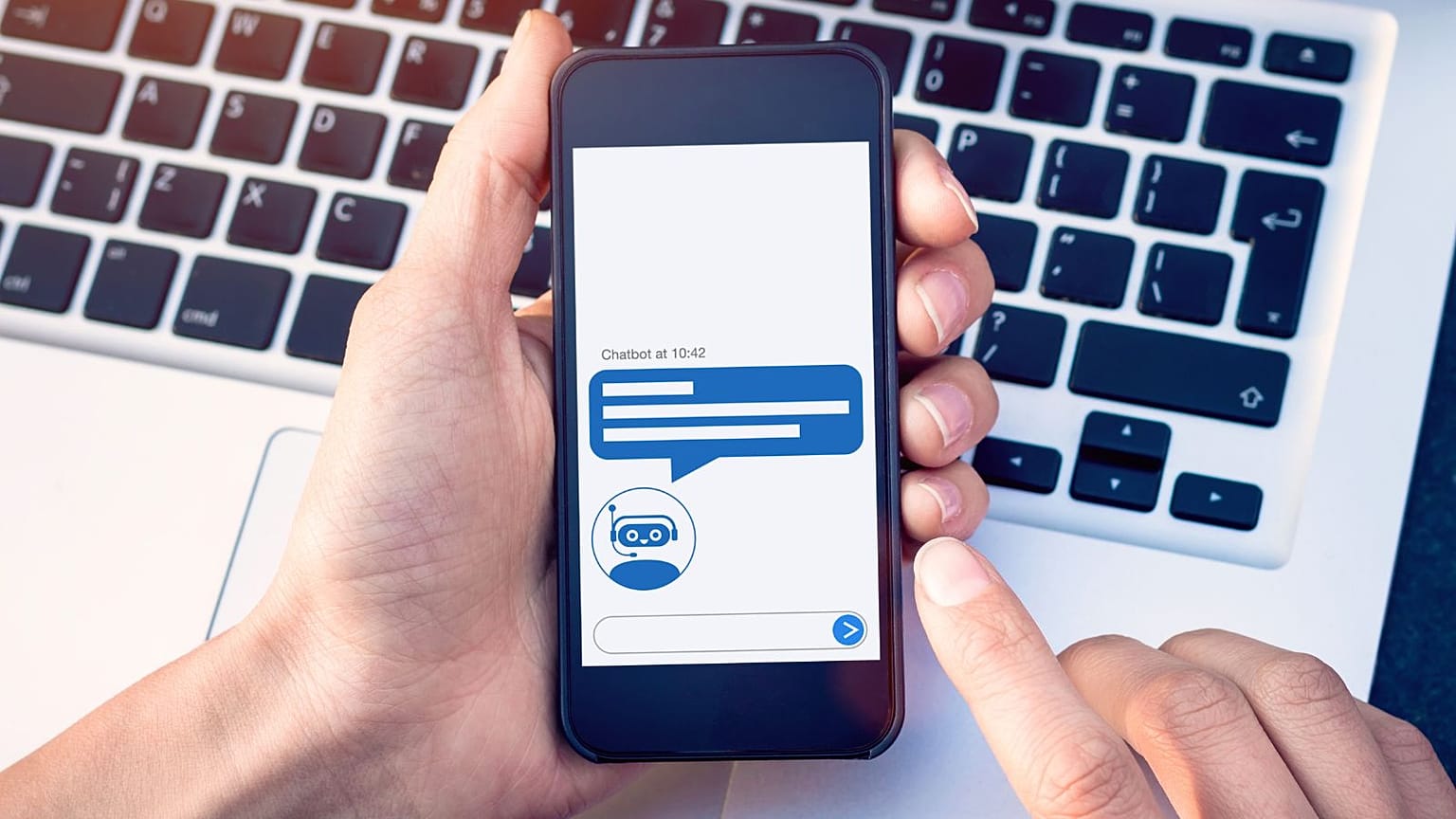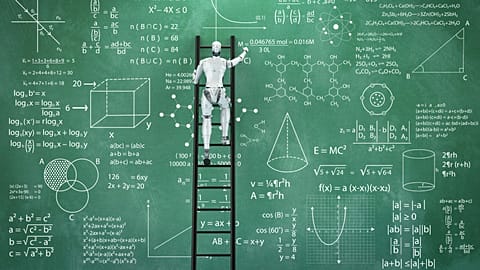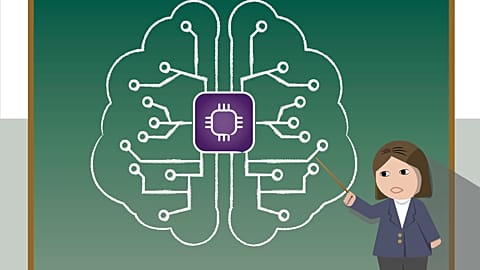AI is coming for low-level customer service jobs first, experts say. But can it completely replace humans?
“Hey James, it’s Alexander from Tesla Motors,” a deep, warm voice says on the phone. “How’s your day going so far? Do you have any troubles or questions while customising your car on our website?”
 ADVERTISEMENT
ADVERTISEMENT
 ADVERTISEMENT
ADVERTISEMENT
This is how a customer service assistant could greet you on the phone if you need help while searching for a Tesla vehicle - and software company Air AI thinks you won’t be able to tell that it’s not a person you’re talking to, but AI.
The Miami-based company is working on creating the world’s first-ever AI assistant that can have 10 to 40-minute-long phone calls that “sound like a REAL human” and “can do the entire job of a full-time agent without having to be trained, managed or motivated,” according to Air AI.
Unlike a customer service assistant, the company said, their product “works 24/7/365” -- something humans would definitely not be capable or willing to do.
For Dr Mansoor Somro, a Future of Work enthusiast and professor in Sustainability and International Business at Teesside University International Business School in the UK, the technology promised by Air AI is proof that artificial intelligence might soon replace us in the workplace -- a fear shared by many.
“As anticipated, [it] looks like AI is coming for customer service jobs first,” he wrote on LinkedIn, commenting on a sample call provided by Air AI showing an ideal AI-to-customer conversation. “To me, the conversation is a bit slow and lacks excitement, but [it’s] a significant development moving forward,” he added.
Somro told Euronews that AI is “absolutely” coming after our jobs, eventually - but it’s coming first for customer service jobs.
Which jobs are on the line?
While some experts think that the positive impact of AI could outweigh its negative aspects, as Prof. Ioannis Pitas said, fears that the new technology could soon steal people’s jobs and replace humans -- especially when it comes to entry-level, low-skilled jobs -- persist.
Job displacement -- the number of people in entry-level jobs who might soon be pushed out of employment by AI -- is an inevitable development that labour experts are factoring in.
According to current speculations from the Future of Work Centre at Teesside University, Somro said “we’re looking at 25 per cent of jobs across the industries on the whole that will be lost by 2030.”
A Goldman Sachs report released earlier this year found that as many as 300 million full-time jobs worldwide could be impacted by the increased use of AI systems like ChatGPT.
For Somro, AI will come after "programming jobs, as well as others in the software industry and information technology industry," and "customer service jobs across industries, in banking, car showrooms—you name it."
"We’re currently seeing an improvement in customer service with empowered chatbots," Somro said.
While using chatbots at simple-level customer service is "not something new," he said, there’s been an acceleration in the use of chatbots and AI in the sector over the last three to six months.
"The progress we’ve seen in terms of the 24/7 support services, real-time customer service, offshoring -- a lot of that is now being tested to be run completely, or to a large extent, by chatbots," Somro added.
Amazon employees who have tested using ChatGPT as a work assistant have said that it does a "very good job" when answering tricky customer support questions, as reported by Business Insider.
A 2022 study conducted by Gartner IT, a tech research company, said it expects chatbots to become the main customer service channel for about 25 per cent of all organisations by 2027.
The flip side: The ‘human interface’
Everyone reading this article likely has experienced, at a certain point, talking with a chatbot about their banking or shopping troubles, as finding an actual person to talk with on the phone for a customer service-related issue has become increasingly difficult in recent years.
Often, there also comes a point where the chatbot gives up helping you if the issue is complex, and refers you to a human being.
“We still appreciate the human interface more,” Somro said, adding that it’s unlikely that customer service jobs will be run entirely by AI in the future.
While AI would likely handle the first, simpler stages of customer service and provide solutions, there will still be humans handling more complex issues, which require empathy -- cracking a joke or making people feel engaged and cared for. The people who can adapt to the incoming change will thrive, experts say.
People in low-skilled and entry-level jobs likely to be taken over by AI will eventually be reinserted into the workforce, but Somro thinks it might take between 7 to 10 years before the job market finds new stability.
After this relatively short period of time, the introduction of AI across several industries will “create new ways of working, and new jobs,” Somro said.
“Yes, AI is coming for your job to some extent, but in the long term, it will create more jobs in almost every industry. So we’re optimistic.”

















